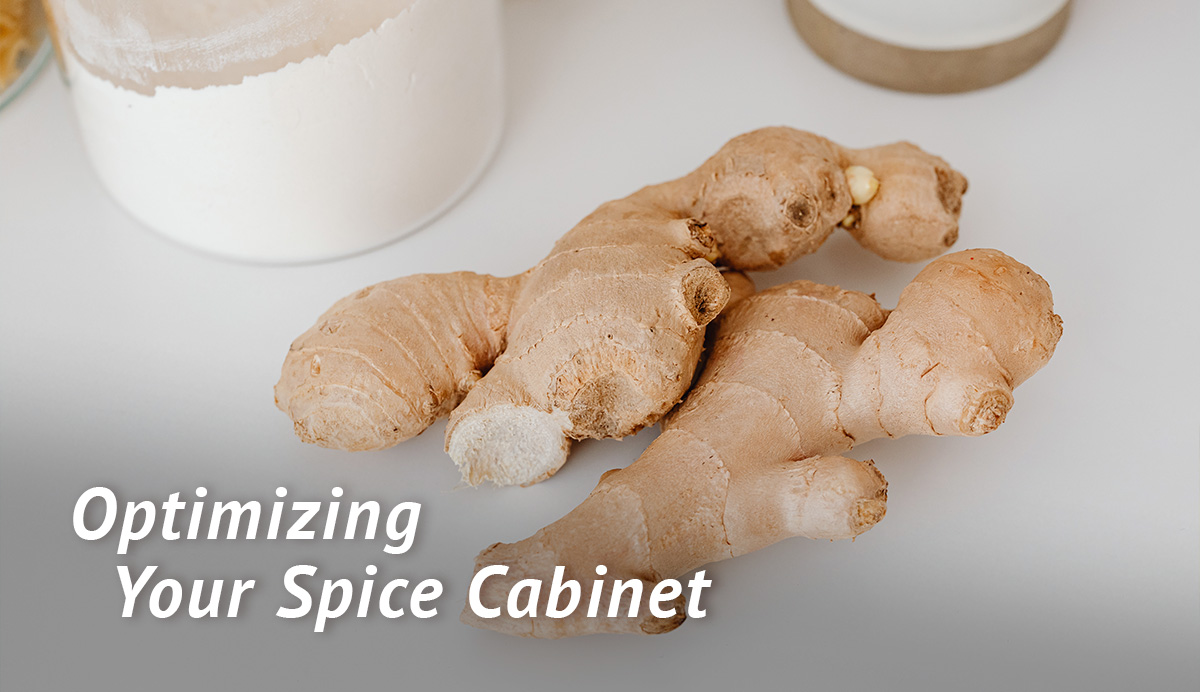
13 Sep Optimizing Your Spice Cabinet
Improving personal health doesn’t have to mean purchasing expensive supplements and workout equipment. Many people have tools to better their health already sitting in the kitchen cabinet. Spices and herbs have been an essential part of medicine since ancient times, and even modern studies have shown evidence that these natural tools can help individuals have improved health outcomes. Let’s take a look at four spices commonly found in American kitchens.
Cinnamon:
This spice, often associated with fall treats, has been shown in studies to help the human body better regulate sugar levels. According to the University of Maryland, studies show that cinnamon could help improve insulin sensitivity by removing glucose from the blood and reducing sugar use in brain cells. In addition, a peer-reviewed study published by the Pharmacognosy Research journal found that cinnamon, in addition to appearing to increase insulin resistance, also has antioxidant, anti-inflammatory and anticancer properties.
Ginger:
This root spice can be found in powder and paste form and can help treat nausea and bloating. According to John Hopkins, the spice helps combat fermentation, which relieves bloating and gas in the intestines. According to the school, the spice also contains antioxidants that help manage free radicals and could reduce cancer risk.
Turmeric:
This bright orange spice, often used in Indian cooking, has been found to have natural phytochemicals that help reduce inflammation. According to the University of Utah, turmeric could be a natural way to help treat chronic inflammation, and some research supports using the spice to help ease pain caused by diseases like arthritis.
Peppermint:
While most people may think of holiday desserts when they think of peppermint, this herb can help with irritable bowel syndrome. According to a 2018 article published by the Health and Human Services, studies show that peppermint oil has been seen to prevent gut inflammation and fight against various bacteria and fungi. The health agency added that there is also promising data that shows peppermint could help decrease spasms in the esophagus, gallbladder and bowels
All of the above spices can easily be added to recipes, from oatmeals to spice rubs to soups, or could even be consumed as tea before bed.

Sorry, the comment form is closed at this time.